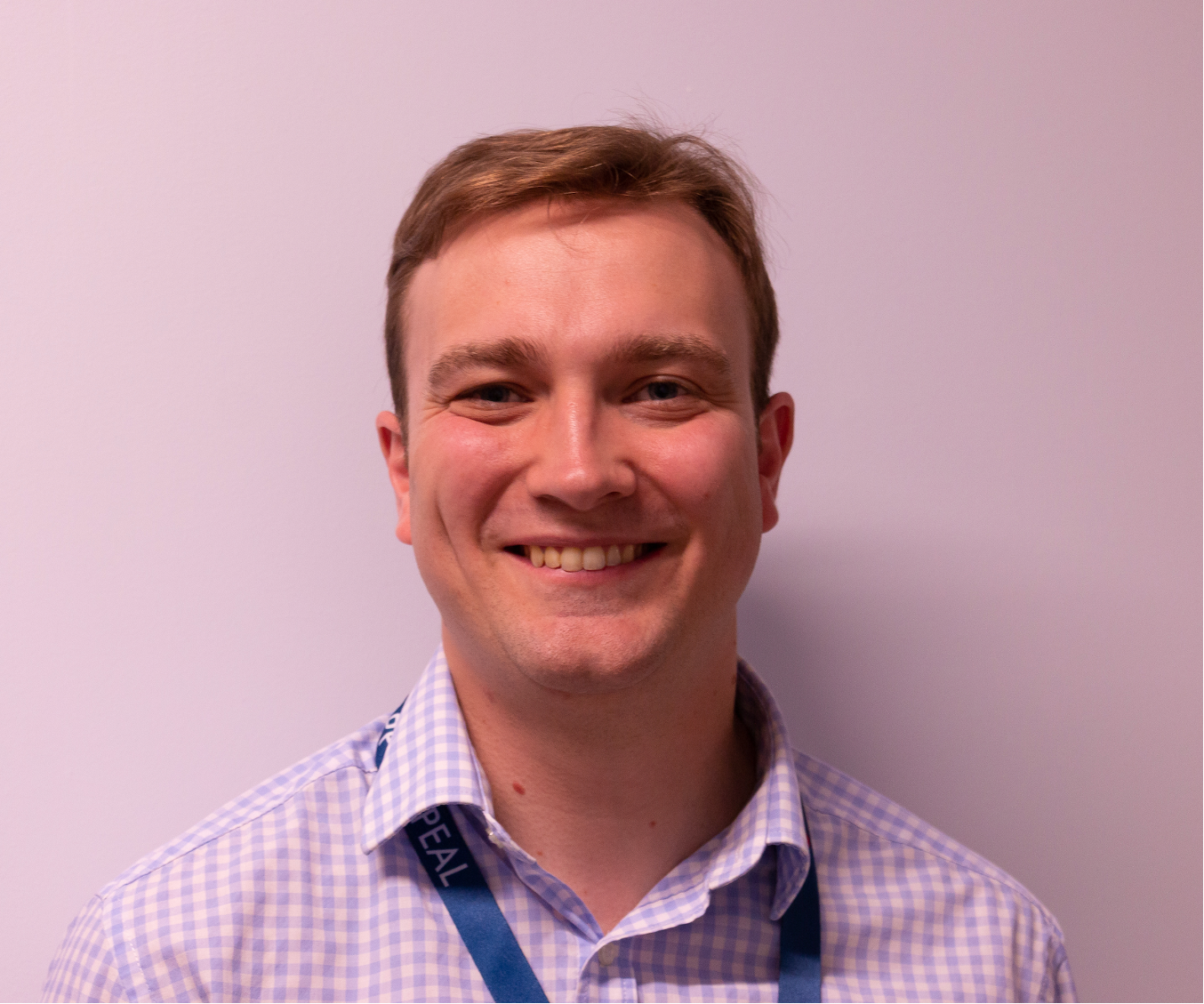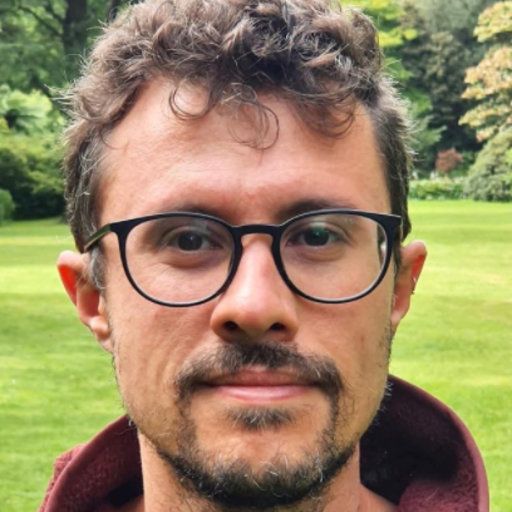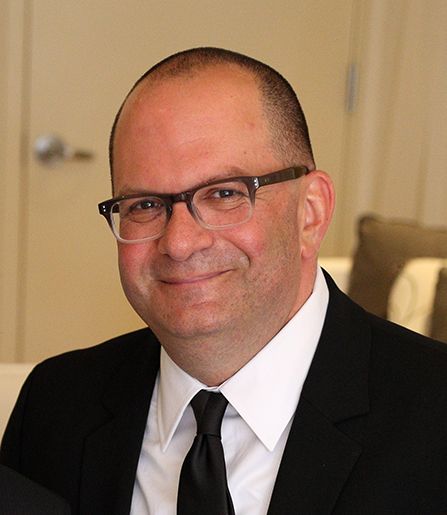How can Rheumatologists Prevent and Manage Burnout?
Whether it is leaning on the support of colleagues, mindfulness meditation, or jujitsu, rheumatologists weigh on how they personally prevent and manage symptoms of burnout.
In the final part of our physician burnout series, Rheumatology Network interviewed Jack Arnold, MBBS, MRCP, a clinical research fellow at Leeds Centre of Rheumatic and Musculoskeletal Medicine, Massimo Radin, MD, PhD, a researcher at the University of Torino (UNITO), and Andrew Concoff, MD, Executive Vice President and Chief Value Medical Officer at United Rheumatology, to discuss how they personally prevent and manage burnout.
The importance of maintaining wellness is of obvious importance, particularly within the medical community. “You want to have the clarity of thought of being somebody who is well rested [and] who is firing on all cylinders,” Arnold explained. “When you fail to address it, you’ll run into problems sooner or later. The better we get at picking it up earlier, the more effective you can be.”
Radin and Arnold find it helpful to have a strong support system in place among their collogues, as they’re more likely to understand specific issues related to the field. In addition, Radin emphasizes the importance of mental health for both rheumatologists and patients alike. “Everyone should check their mental health from time to time,” he states. “We talk about the stigma of mental health a lot. I see a lot of patients that don't want to go to a psychologist. I’d like to think that we are behind that, but we're really not. And in dealing with a chronic disease, it's something that should be implemented. In the guidelines of managing a patient with chronic disease, mental health should be one of the top spots.”
What are some of the strategies that rheumatologists utilize to prevent and manage burnout?
Jack Arnold, MBBS, MRCP

Jack Arnold, MBBS, MRCP: I think I have got better the longer I've been working at picking up when I'm showing signs of [burnout]. I'll find, for example, that I'll become very fatigued, or my concentration won't be quite there. And, fortunately, my wife is [in the medical field] as well so she will tend to pick it up before I do. But you know, it's very common. And it's important to notice the early signs that you're going that way and try to intervene because it's not something you can leave unaddressed. If you leave it completely unaddressed, you become less effective as a physician and become a fairly unpleasant person to be around.
You need to address that and do things that you would suggest when you're talking to patients. You'd ask them to do certain things or take these things seriously and you need to do that as a physician as well. I see it creeping in every so often, particularly if it's been a busy period.
Massimo Radin, MD, PhD

The first thing that tends to happen is I tend to talk to my wife, my friends, and people I’ve known for a while [to] talk it through and talk through general stresses. The other [aspect] is to take the things that you can modify very seriously. You can't modify the stresses associated with work, but you can modify things like your diet, exercise, etc. For example, I do jujitsu and it's very difficult to worry about what's going on at work when I've got somebody throwing me onto a mat. It's almost mindfulness in that sense.
Andrew Concoff, MD

Another thing that I’ve found helpful is stoic philosophy. It just breeds into this acceptance that there are things you can't modify, and you do what you can with the things you can, but anything that takes you away from this cycle of being at work, and then worrying about decisions you've made or work that's left over from the day before, you need to break that cycle. It’s different between people, but that's what works for me.
Massimo Radin, MD, PhD: Well, one thing that I think is really helpful is to talk about this kind of situation with my colleagues, to unwind, going out of work together, or talking about difficult cases, or if I’ve had a very difficult time during rotation. You feel less alone and understood by your peers.
Andrew Concoff, MD: In the midst of a busy day, there are several things that I do to prevent feeling burnt out. Number one is making sure that time to get work done is built into the day. That we don't have meetings that are solid from the beginning of the day to the end of the day, and there's time to actually take a breath and get some work done, as opposed to going all the way through the day and then having to follow up and do the remainder of the work.
The second thing is paying attention to behavioral health. During lunch breaks, it's a matter of getting out and getting morning sun, getting just a few minutes of exercise, and clearing your head for a moment. [It can be a] powerful approach. Taking that lunch break and not viewing a lunch break as a sign of weakness, but instead as an important part of the way that you rejuvenate and regenerate. And even some very quick behavioral health approaches like mindfulness meditation or just taking a few minutes to take a few breaths. Being in the moment can [also] be a great way to recharge and restart. It’s also important that your weekends are rejuvenating and that when you come back from the weekend you feel as if you've been away, you feel as if you've gotten a break, and that you've recharged your batteries.